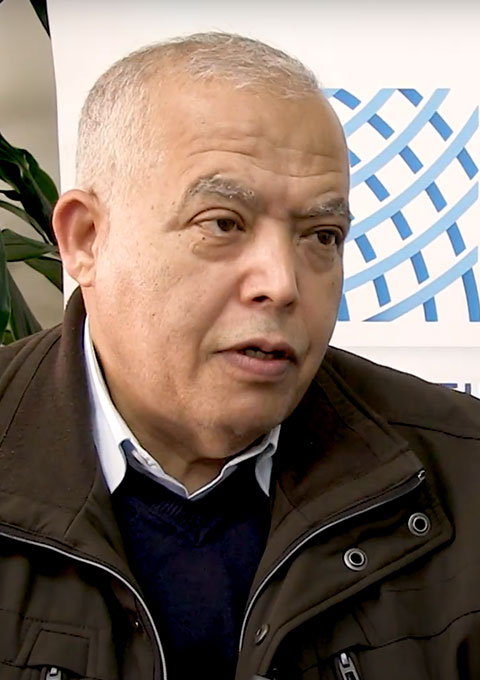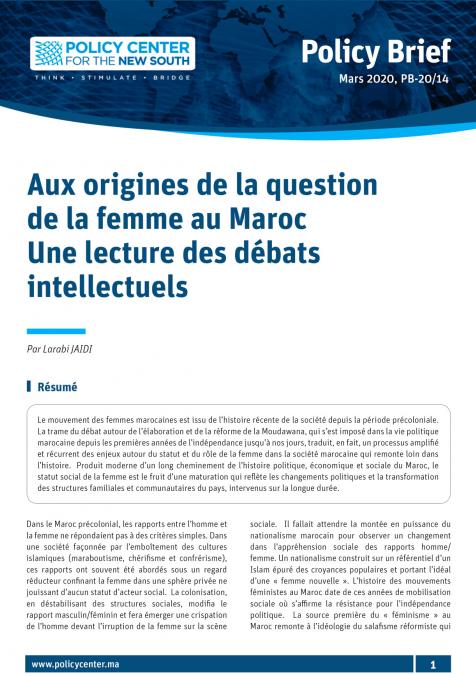بعد تفشي فيروس كورونا المستجد في جل مناطق العالم، اختلفت طرق التصدي له من دولة إلى أخرى. حيث اعتمدت الدول قرارات متفاوتة من حيث الصرامة في ظل الحد من تفشي هذا الوباء. وفي نفس الصدد، اتُخذت عدة قرارات لدعم المواطنين لكي يتاح لهم المرور من هذه الأزمة بأقل الأضرار الممكنة في مختلف القطاعات والمجالات. من بين هذه القطاعات نذكر قطاع التربية والتعليم إذ ينطلق الموسم الدراسي الجديد أول شتنبر من هذه السنة تحت شعار "من أجل مدرسة متجددة ومنصفة ومواطنة ودامجة". في الوقت الراهن، تعرف الوضعية الوبائية ارتفاعا وتيرة الإصابات بفيروس كورونا، ما أدى إلى اعتماد المزاوجة بين التعليم عن بُعد والتعليم الحضوري بشكل اختياري. ورغم الجهود الذي بذلتها وزارة التربية الوطنية والتكوين المهني والتعليم العالي والبحث العلمي، لإنجاح الموسم السابق والارتقاء بالتعليم عن بعد، إلاّ أن الغموض يلف الدخول المدرسي بسبب استمرار تفشي الوباء وارتفاع حالات الإصابة. هذا الخيار له سلبيات وإيجابيات، تختلف بحسب المؤسسات التعليمية وتنوع المناطق والجغرافيات والجهات والأقاليم. هنا نتساءل كذلك عن مدى اكتساب التلاميذ للمعارف والكفايات التي ستؤهلهم لمتابعة دراستهم في السنة المقبلة بشكل عاد، ووفق التدرج البيداغوجي اللازم، وتجنيبهم التعثرات التي يمكن أن تصادفهم مستقبلا. 45 دقيقة الدخول المدرسي في ظل أزمة كورونا المسيرة: إيمان لهريش، مسؤولة عن البرامج بمركز السياسات من أجل الجنوب الجديد المتدخلون: عبد الله ساعف، باحث بارز بمركز السياسات من أجل الجنوب الجديد خالد الشڭراوي، باحث بارز بمركز السياسات من أجل الجنوب الجديد 15 دقيقة مناقش





